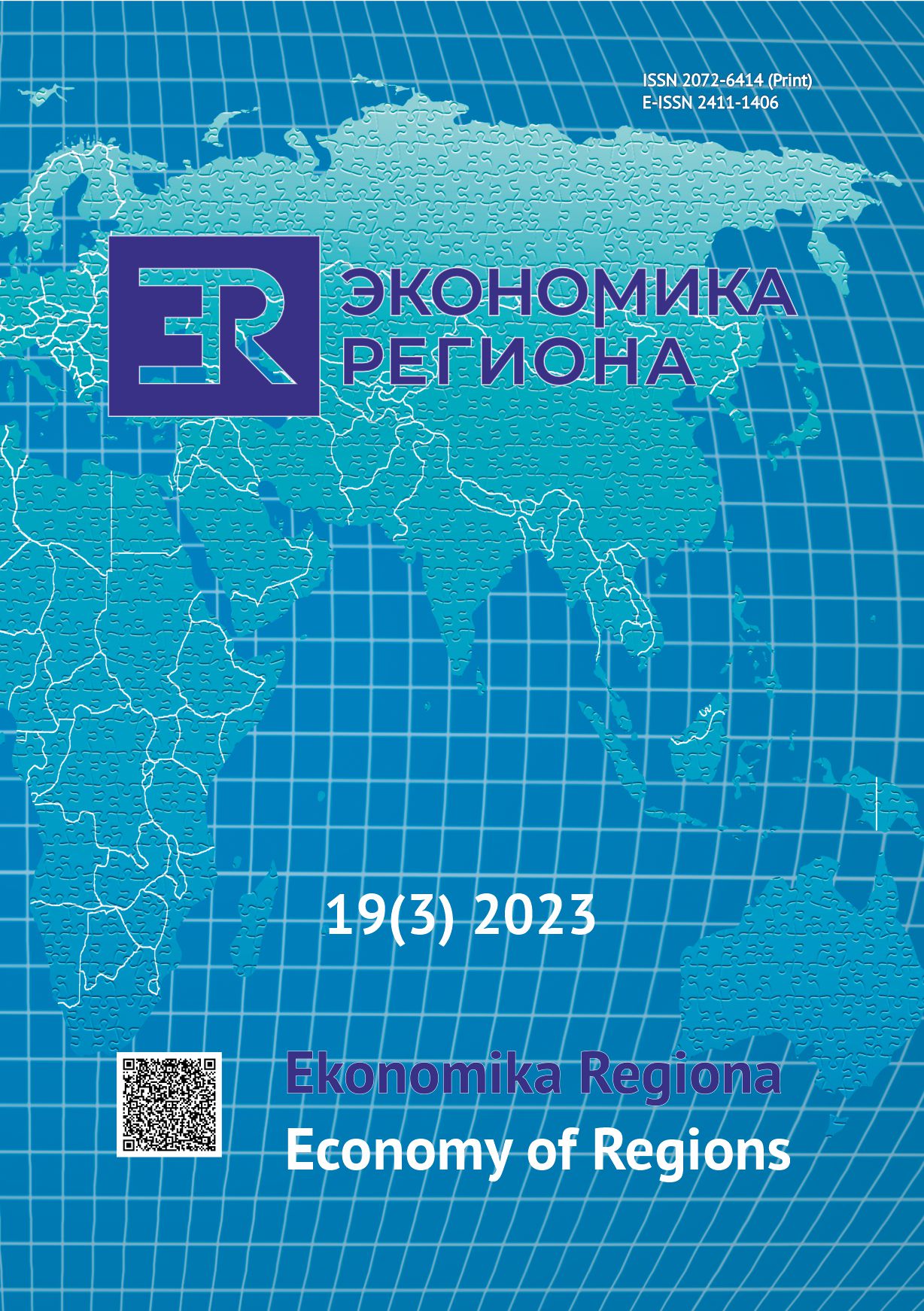Оценка результатов внедрения гибридных моделей развития сферы социальных услуг в регионах России
Assessment of the Introduction of Hybrid Models of Social Services in Russian Regions
Author(s): Ekaterina Sergeevna Ogorodnikova, Andrey Yevgenyevich Plakhin, Maria S. KhokholushSubject(s): Welfare systems, Welfare services
Published by: Институт экономики Уральского отделения Российской академии наук
Keywords: social services; private producers; hybrid model; grants; state order; public-private partnership; funding sources;
Summary/Abstract: In order to overcome the uneven consumption of social services and eliminate social development imbalances, Russian regions require measures to increase the output of such services with the existing resource base. To this end, the present study built a correlation model of the output indicator and parameters of the development intensity for regions characterised by hybrid models of social services. Data on state orders to private producers of social services, data on funds allocated for investment in fixed assets, including public-private partnership infrastructure projects, and data on grant funds directed to socially-oriented non-profit organisations for the period 2013-2020 were analysed. The obtained results show that adaptive redistribution of resources within hybrid models positively correlates with the output in most regions. Thus, a unidirectional positive relationship between changes in the sum of state orders to private producers and total output is characteristic for 34 Russian regions. A positive correlation between the output of social services and public-private partnership investment is observed in 64 regions. Grant support to socially-oriented non-profit organisations positively affects the output in most regions; this impact is significant for 51 regions. Simultaneously, the possibility of obtaining government funds by private producers is crucial for ensuring the growth of the output of social services. These findings largely contradict the original goal of developing a hybrid model, which is to attract private capital to the social sector in order to reduce budget expenditures for social services. The feasibility of the hybrid model, considering the provision of private participants with government funds, should be examined directly at the regional level.
Journal: Экономика региона
- Issue Year: 19/2023
- Issue No: 3
- Page Range: 753-765
- Page Count: 13
- Language: Russian

